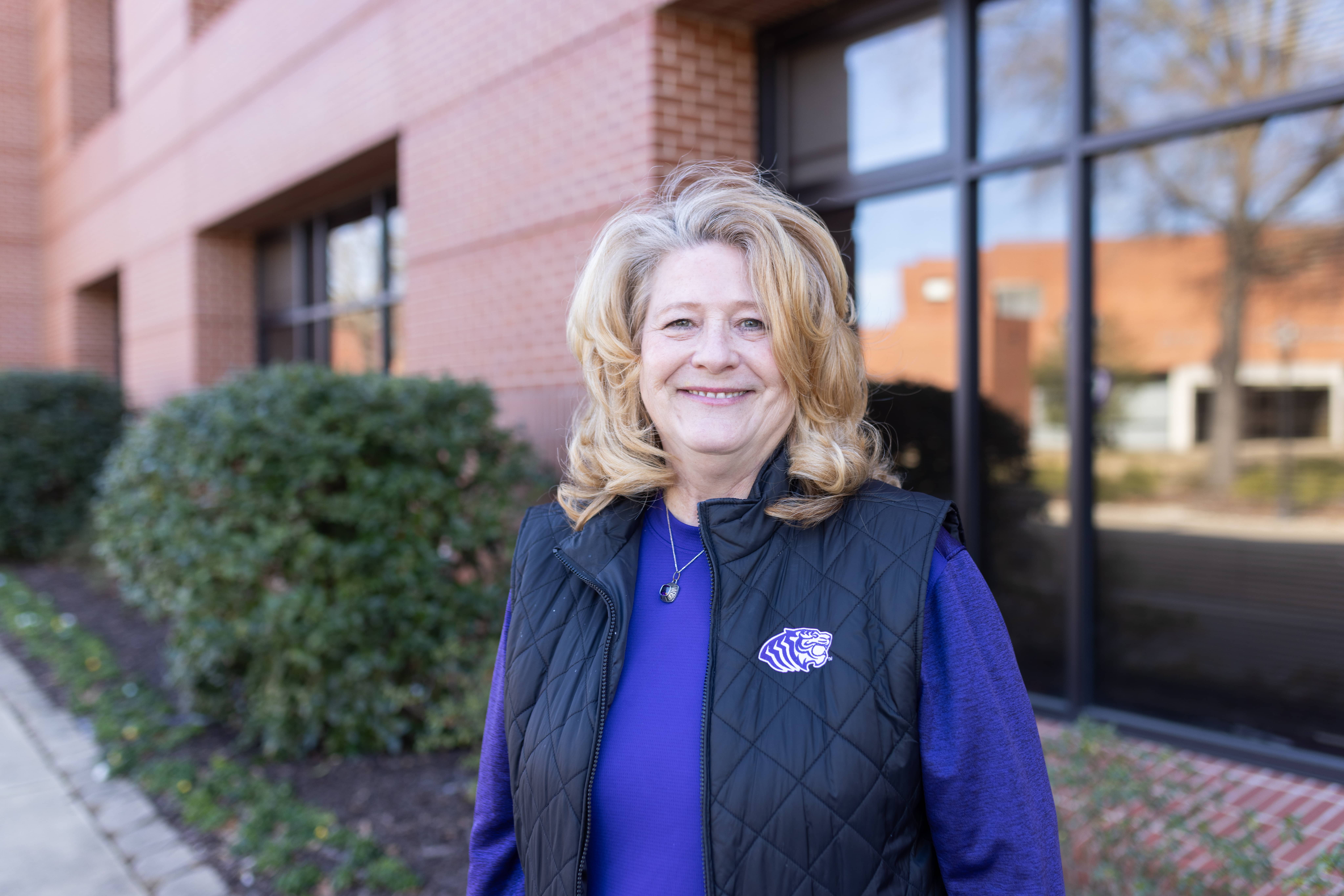‘Entertainment-Education’ to focus on solutions, asking right questions
Ouachita had the privilege of welcoming Dr. Arvind Singhal Oct. 22. Singhal, “the world’s leading authority in the field of ‘Entertainment-Education,’” according to Dr. Steve Phillips in a recent Ouachita news release, to introduce the importance and effectiveness of “Entertainment-Education,” or EE, as part of the Birkett Williams lecture series which was established in 1977.
“Entertainment-Education” is the idea that, through entertainment media such as television and video games, people can learn different concepts and ideas about life. This, in turn, creates positive social change.
A challenge the “Entertainment-Education” industry faces is actually making the education entertaining.
For instance, according to Singhal, EE television has to actually be amusing and captivating. It needs to have quality actors and a desired message.
The problem, then, becomes making the EE television shows more desirable than other shows. Media markets are becoming more and more saturated, but are also becoming more fragmented, due to the massive variety of options.
“There’s fragmentation and opportunity at the same time,” Singhal said. “So the challenge becomes ‘How do you create intervention to create innovation?’”
Singhal’s intent is to not sacrifice the message for the sake of entertaining, but to allow the message and entertainment value work hand-in-hand.
“Can you enhance a [teaching] message [and] get good ratings?,” Singhal asked. “In our experience, we’ve found yes, you can.”
Dr. Singhal is currently a professor at the University of Texas at El Paso and works constantly with the entertainment education industry, contacting government agencies daily and working on projects worldwide.
“I study it, write about it, talk about it,” Singhal said of EE. “You name it [he does it].”
A native of India, Dr. Singhal moved several times as a child. As a result, he developed an intense interest in the study of movement, not only physically, but mentally as well and the movement for social change as a whole. His outlet for this passion is “Entertainment-Education.”
Dr. Singhal has authored or edited eight books, three of which have earned prestigious awards, and 140 peer-reviewed essays, according to a recent Ouachita News Bureau release.
Thursday night’s lecture was centered around one pertinent question: “Which way is your compass directed?” Is it pointing in the same direction as the world around you is pointing its compass? When the world has an accepted or standard mindset which says there is only one way to get a certain result, according to Singhal, we should not be afraid to point our compass in a different direction to potentially end up with the same result.
Singhal gave steps throughout his lecture to further explain the idea of “Entertainment-Education” and its purposes – steps people usually take toward a particular issue and then a “new mindset” to describe steps they should take.
The two points he spoke on were “Focus on the Problem” (the new mindset being “Focus on the Solution”) and “Tell the People” (the new mindset being “Show what’s possible”).
In focusing on the solution, people avoid getting bogged down by the fact that there is a problem. By showing people what they can do, rather than telling, people are able to learn faster and more efficiently.
To show how focusing on the solution is effective, Singhal relayed a success story from 1991 of a Vietnamese village in which 80 percent of its children were malnourished.
The late Jerry Sternin, co-founder of the Positive Deviance Initiative (PDI), was given a six-month span to show a decrease in the number of malnourished children in the village.
Sternin and his team went to work and divided the children of the village into green dots (children who were healthy) and red dots (children who were malnourished).
Through this research, they found some of the green-dot children were from extremely poor households with very little resources.
Rather than finding ways to feed all the malnourished children, Sternin pointed his compass in a different direction and concentrated only on the healthy children coming from extremely impoverished families.
In these homes, he found different techniques the mothers were using to keep their children healthy. Some were adding leftover sweet potato skins, which have vitamin A and keratin, to their child’s soup.
Other mothers divided a child’s daily allotment of rice into several meals a day, rather than feeding their child the same amount of rice only once or twice a day. This worked with the child’s metabolism and caused less waste of their resources.
Sternin found the resources existed within the people. He used the mothers of “positive deviants” (those children who went against the norm to get positive end results) to teach the mothers of malnourished children how to feed their child the right things to keep them healthy.
This idea of using the knowledge and expertise of one group to teach another falls right in to the “show the people” concept. Dr. Singhal quoted insight from one of the elders in the village to sum it all up.
“One thousand hearings are not equal to 1000 seeings and 1000 seeings is not equal to one doing.”
College students and the universities they attend play an important role in the entertainment education field.
“Institutions which value EE provide the eyes and ears [we] need [to be successful].”
As abstract as his message may sound, Dr. Singhal’s whole lecture can be simplified in this one idea.
“If you want to learn [or try] something new, you must enter a state of unknowing,” Singhal said. “You’ll learn more from those unlike you than those who are like you.




